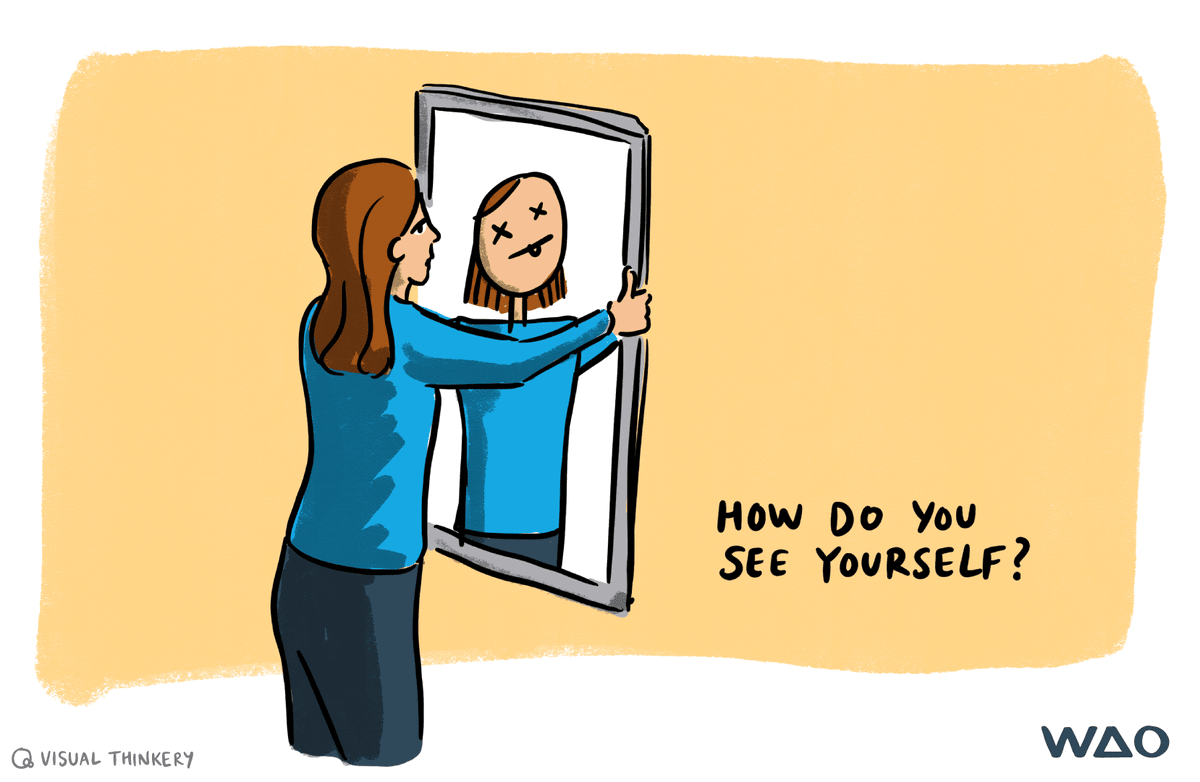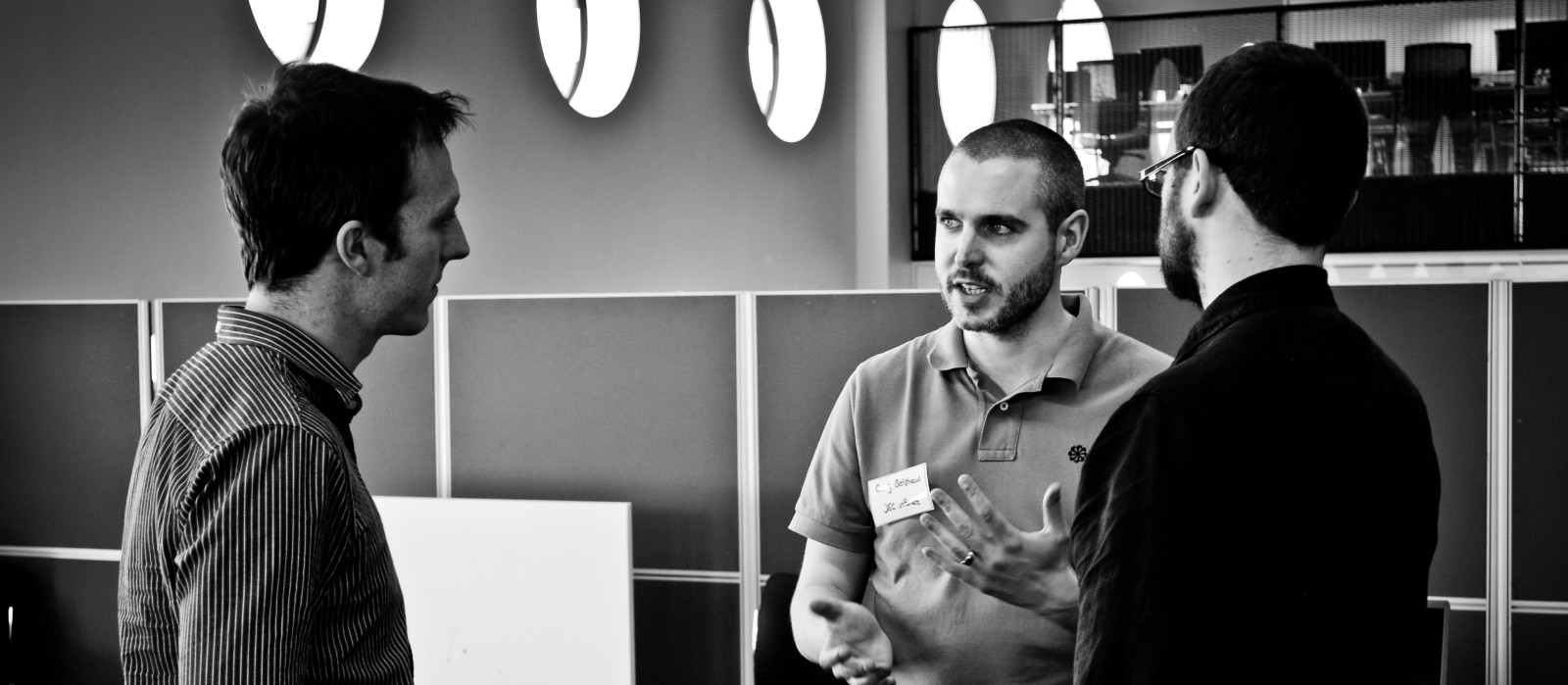Recognising oneself through the recognition of others

Most of the stuff I write here and elsewhere comes as a result of the work I do, or the thinking about the work I do. This includes the “what-ifs” and the “imagine a world” scenarios. I try to write them as best I can, but my main objective is to get the words out there so that a) people can read them, and b) I’ve got a URL to point people towards.
Last October, I published a pair of posts on the WAO blog about using Open Recognition to map real-world skills and attributes. I spent a lot longer on them than usual, especially the second one:
I obviously didn’t get the elevator pitch quite right, because although I had a few conversations with people, it didn’t get as much traction as I envisaged. What I’m proposing is a kind of open discovery engine for talents and dispositions. It includes a way to recognise these through Verifiable Credentials, and to tag them in a way that make sense across different frameworks and rubrics.
In a spectacular example of burying the lede, my main reason for writing this post is to share some of the nice things people said about me as part of the experiment.
There were three main questions to which people in my network responded:
- What do they know a lot about?
- What are they particularly skilled in?
- What behaviours do they exhibit which you, or others, find useful?
The (anonymous) quotations below are taken from the above, with square brackets added to help them make sense, or to add context:
As a former teacher and senior leader, along with a Doctor in Education, he know a lot about Education as a business and how people learn. He also has a strong interested in badges and certifications. He is also big into the open economy, working for Open Source companies like Mozilla and Moodle.
He is an exceptional speaker and has the ability to breakdown complicated topics into layman’s terms.
[Doug is particularly skilled] making sense of complex systems and processes, writing clearly and engagingly, building consensus and community.
[I find it especially useful that he has a] passion for learning, daily, sharing always and enabling others to accelerate their understanding through the shared learning.
I’ve always seen him as an all-round thinker, which in turn helps him to ask poignant questions to tackle a challenge.
[Doug is] helpful, open and honest.
He is Open both in he thinking but in how he lives. He is collaborative, works well with other people. Likes to workshop ideas and bring products/services to life.
Open sharing. Transparent knowledge resource. Inclusive. Non-judgemental. — As a result, the impact of engaging with Doug Belshaw is an indirect endorsement of the work I do.
Doug is not judgemental and asks the right questions. He doesn’t have a set answer in his mind to fit your answer into preconceived ideas he has. He can often share useful resources or ideas which can help develop my own thinking processes. Forthright and although a peaceful person, he is not afraid to be upfront and challenge when there is reason to.
Doug is the person that I most associate with open digital badges. He is also someone that is genuine and open and incredibly accomplished. He has a way of explaining things that sticks.
Timely and well organised. Brings the best out in people.
Doug’s thoughtfulness as a facilitator and team member is only matched by his sharp wit in his blog posts. Thought shrapnel for the win!
[Doug has an] ability to succinctly summarise conclusions from a group of people. Interested in other people and charismatic.
I’m not sure how useful any of this is for other people, but it’s cheered me up on a day when I’ve got less work on than usual. Ideally, I would know who wrote these things, be able to thank them, and then turn them into badges 🙂
Image: CC BY-ND Visual Thinkery for WAO


